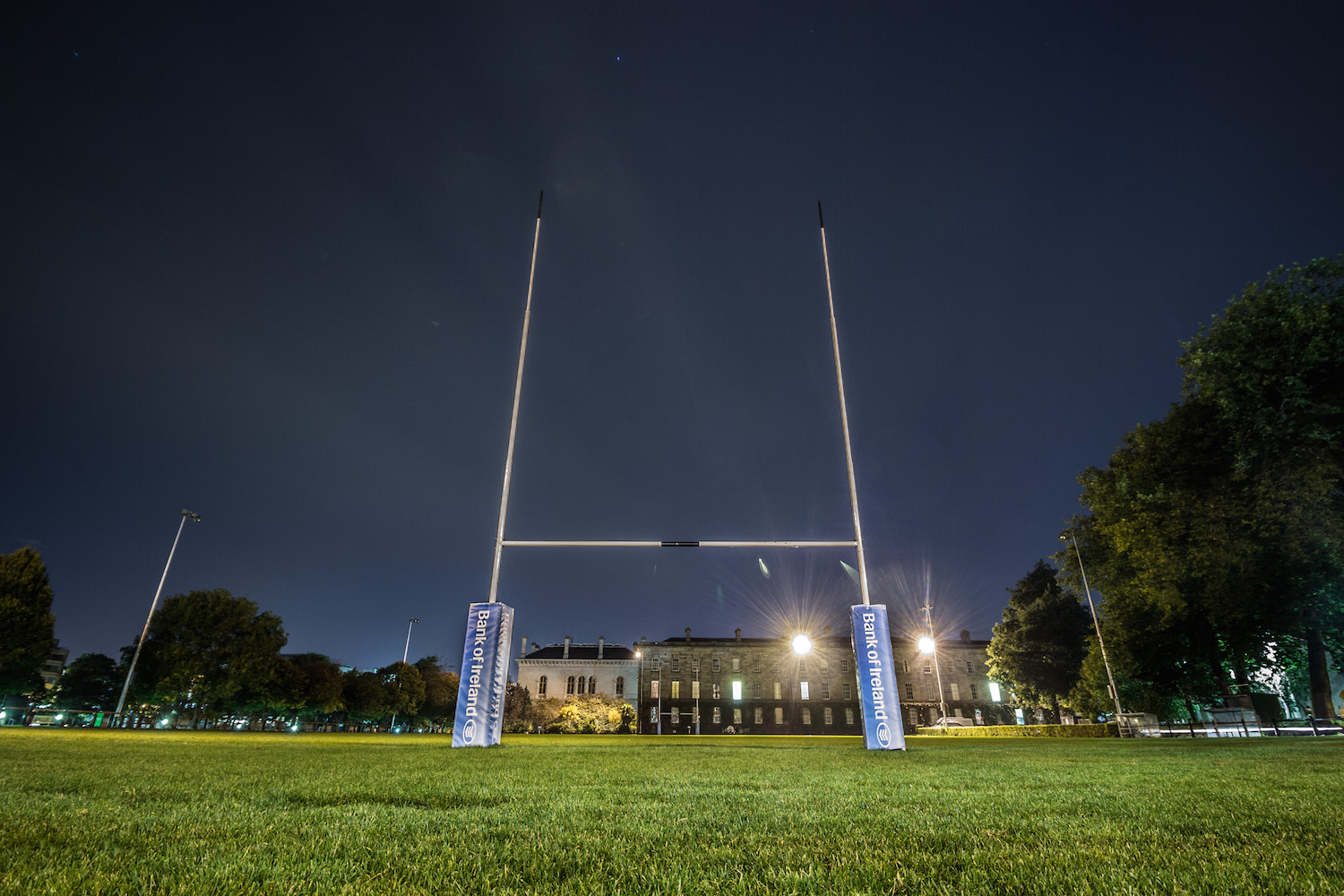Forty-nine sports clubs currently provide unique and high-calibre experiences to the students of this College, ones that may shape your entire four or more years. From boxing to rugby to rock-climbing, the diversity of the different sports in Trinity means that no student is ever stuck for choice. While the facilities are significantly overshadowed by those of other Irish universities, the variety and vibrancy of the sports clubs and teams has always outweighed the mediocrity of Trinity’s actual facilities.
But this is all changing. In a new sports strategy, the Director of Sports and the Dean of Students have put forward a number of proposals that would revolutionise Trinity sport. As well as expanding and improving existing facilities, College would also purchase new grounds and refurbish indoor spaces. This has already begun, with the development of a new hockey pitch and the resurfacing of the rugby pitch, but is expected to continue if funding is maintained. Around €13 million would be needed for this work, however, so ultimately it may be a case of easier said than done.
Trinity hopes to place more emphasis upon attracting student athletes from secondary schools, providing them with better healthcare, accommodation, and catering, as well as tempting scholarship packages.
Improving facilities will enhance the quality of sport in Trinity more generally, and will attract high-performing athletes to Trinity, also an aspect of the new strategy. Trinity hopes to place more emphasis upon attracting student athletes from secondary schools, providing them with better healthcare, accommodation, and catering, as well as tempting scholarship packages.
But what’s the point of it all? Does a high-calibre sports programme really benefit students more generally, or does it just boost those individuals who are especially skilled, and who aren’t going to say no to the perks of their physical prowess?
Sport is not just beneficial to the individuals at the very top of their game. For us all, better facilities and more talented sportsmen and women will only serve to raise the bar. Students that participate in sport tend to be more engaged academically and socially, alongside the obvious health and fitness benefits. Sport assists the transition from school to university, develops leadership ability, and forms strong friendships. People who don’t meet a group they click with in their college course often find their friends through sport.
The primary concern here is not whether such a programme is beneficial – I think most people can agree that sport is good – but whether the means justify the end.
However, the primary concern here is not whether such a programme is beneficial – I think most people can agree that sport is good – but whether the means justify the end. After all, the Sports Centre charge went up to €120 last year, while simultaneously College cut their contribution to sport in Trinity by €136,000. The referendum on the charge showed that Trinity students think sport is important and sincerely wish to contribute to it and the referendum was promoted on the grounds that an increased charge would result in more investment in sport. But Trinity then cut funding by 53 per cent, an amount which drastically mitigates the student charge increase.
The compulsory Sports Centre charge is there to ensure quality facilities for students. Every registered individual must pay it, even those on Erasmus who won’t be in the country for the year. So it would make sense for it to go towards improving facilities, as the new strategy intends, rather than plugging the gap left by College’s decreased funding.
If the college strives for sporting excellence, this will only enhance the experience it offers students more broadly. We shouldn’t disregard the importance of a high-quality sports system, as it may attract more students from abroad, boost Trinity in rankings, and improve students’ mental and physical health.







